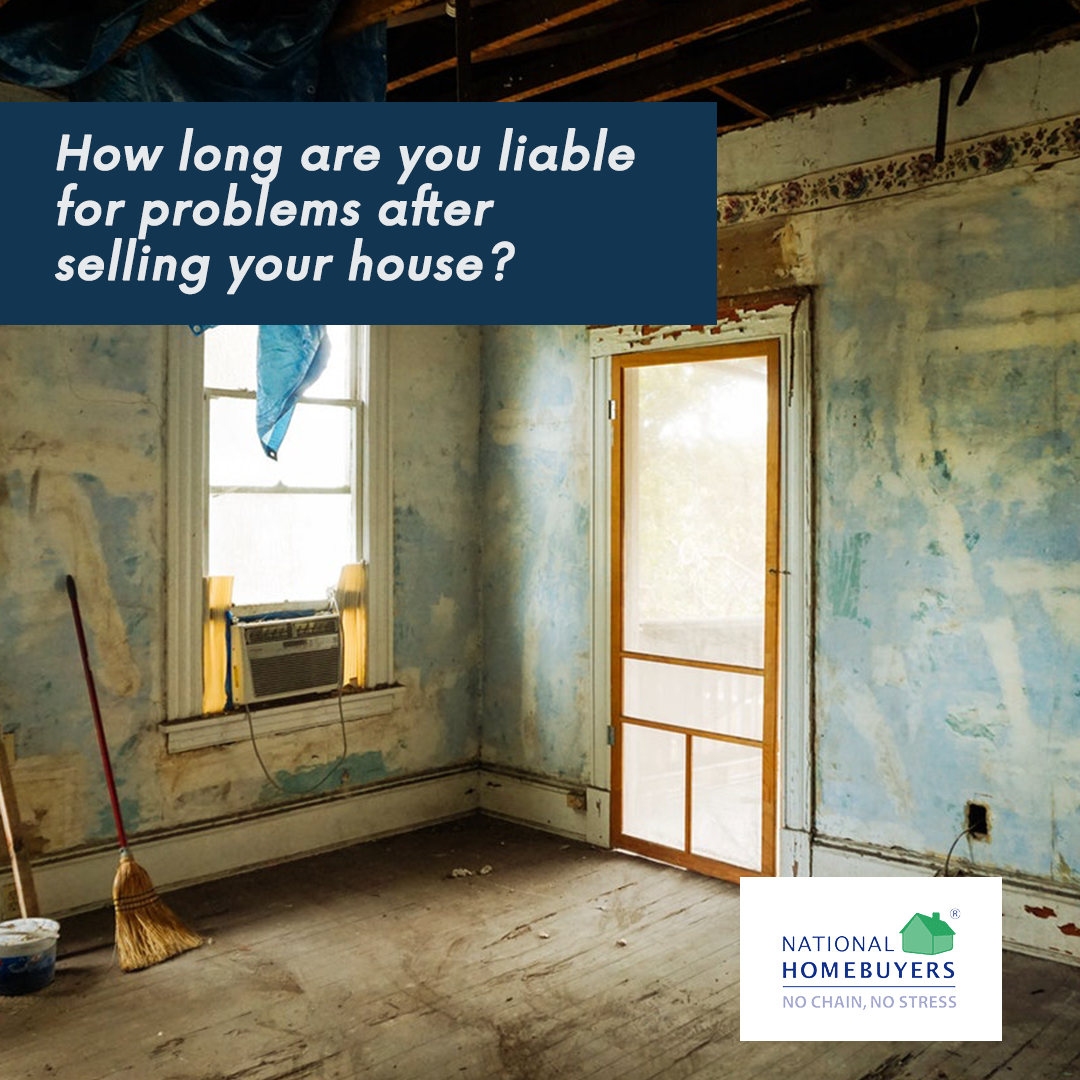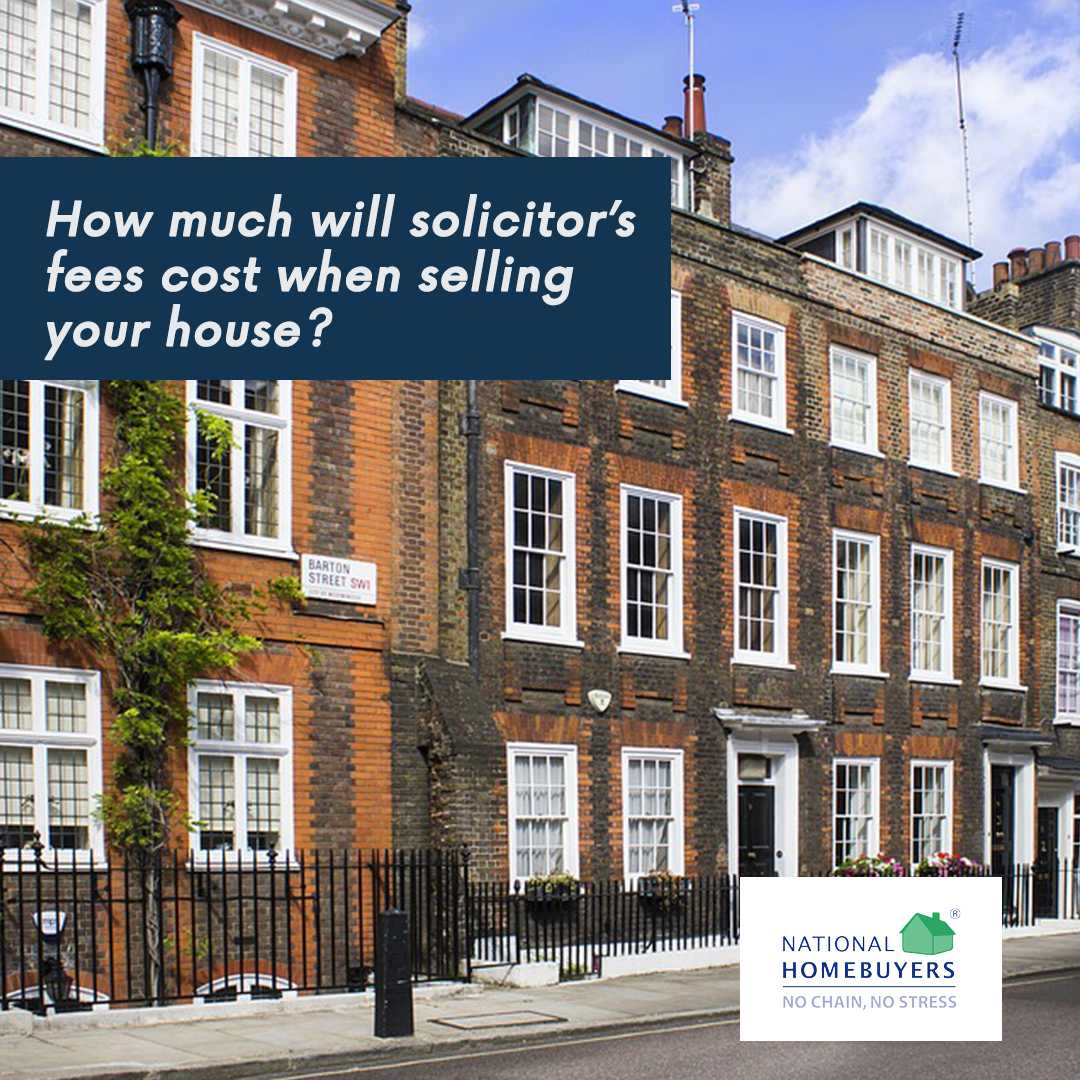A Rough Guide To Inheriting Property
Losing a loved one is very difficult and it is made even harder by the confusing legal implications and paperwork involved when inheriting property. Here are a few pointers to be aware of when you inherit a property.
Please note that this is not an advice guide, it is for general information only, and you should always seek professional legal advice.
Tax – there are three types of tax you may incur when inheriting a property (you can find further information about tax from HM Revenue and Customs)
- Inheritance tax: Any inheritance tax would usually be paid before any property is released to the inheritor, along with any debts in the deceased’s estate.
- Income Tax: This is only applicable where the property generates an income, for example, if the property is rented out then the rental income is taxable.
- Capital Gains Tax (CGT): This is applicable when selling property that has been inherited, or if the property exchanged or given away and it has gone up in value since the date the death.
In the majority of cases, the only tax that is applicable is capital gains tax and that is only payable on the profit made if you sell a house you have inherited. The simplest way around paying this tax is to sell-quick, thus not giving the property chance to gain too much value; it also means it can’t lose too much value either! Just remember, while you can market the property from the date of death, you won’t be able to exchange contracts or complete on a sale until the Grant of Probate (or Grant of Confirmation in Scotland) has been issued.
What should I do with a property once I have inherited it?
It is always ultimately your decision what to do with a property once you inherit it, unless the will stipulates that it must be sold, or there are debts in the estate that can only be paid by selling the property. Here are some points for consideration when deciding what to do with your inherited property.
Live in it! You may choose to live in the property you inherit, in which case you will need to nominate which property is your main residence and inform the Tax Office, as you won’t pay CGT on the profit made from selling a private residence. You will need to transfer ownership with the Land Registry and you will be liable for any outstanding mortgage on the property.
Rent it out! You may choose to keep the property as an investment and rent it out. Whether you manage the rental yourself or use a management company, you have legal obligations as a landlord and it is always worth considering this before making any decision. You can check your legal obligations with the Residential Landlords’ Association and the National Landlords’ Association. Your rental income will also be taxable and you will need to complete a self-assessment tax return each year.
Sell it! You may choose to sell property you inherit, to release the equity and, as long as the property isn’t sold for more than its probate value, you won’t be liable for any tax!! Make sure you do not overvalue it when you put it on the market, make sure it is competitive against other properties on the market and you should be able to sell your house fast. Alternatively, to avoid paying any estate agents fees, contact a quick house sale company like National Homebuyers. We will buy your house from you, with no hassle and according to a timescale that suits you! They will even pay up to £1000 towards your legal fees!
Whatever you decide to do when you inherit a property, you should always seek professional legal advice from a qualified solicitor or Citizens Advice Bureau, and carry out your own research to make yourself aware of all of the options available and their implications to you.
About National Homebuyers
National Homebuyers is based in West Sussex and have been helping to solve property problems for over 15 years. National Homebuyers are a leading UK property buyers, assisting thousands of people by offering a unique service and specialising in a quick and hassle free sale for your home – We buy any house in the UK
If you have a property or house you are trying to sell fast, don’t delay any longer, contact National Homebuyers to arrange your valuation today on 08000 443 911.





